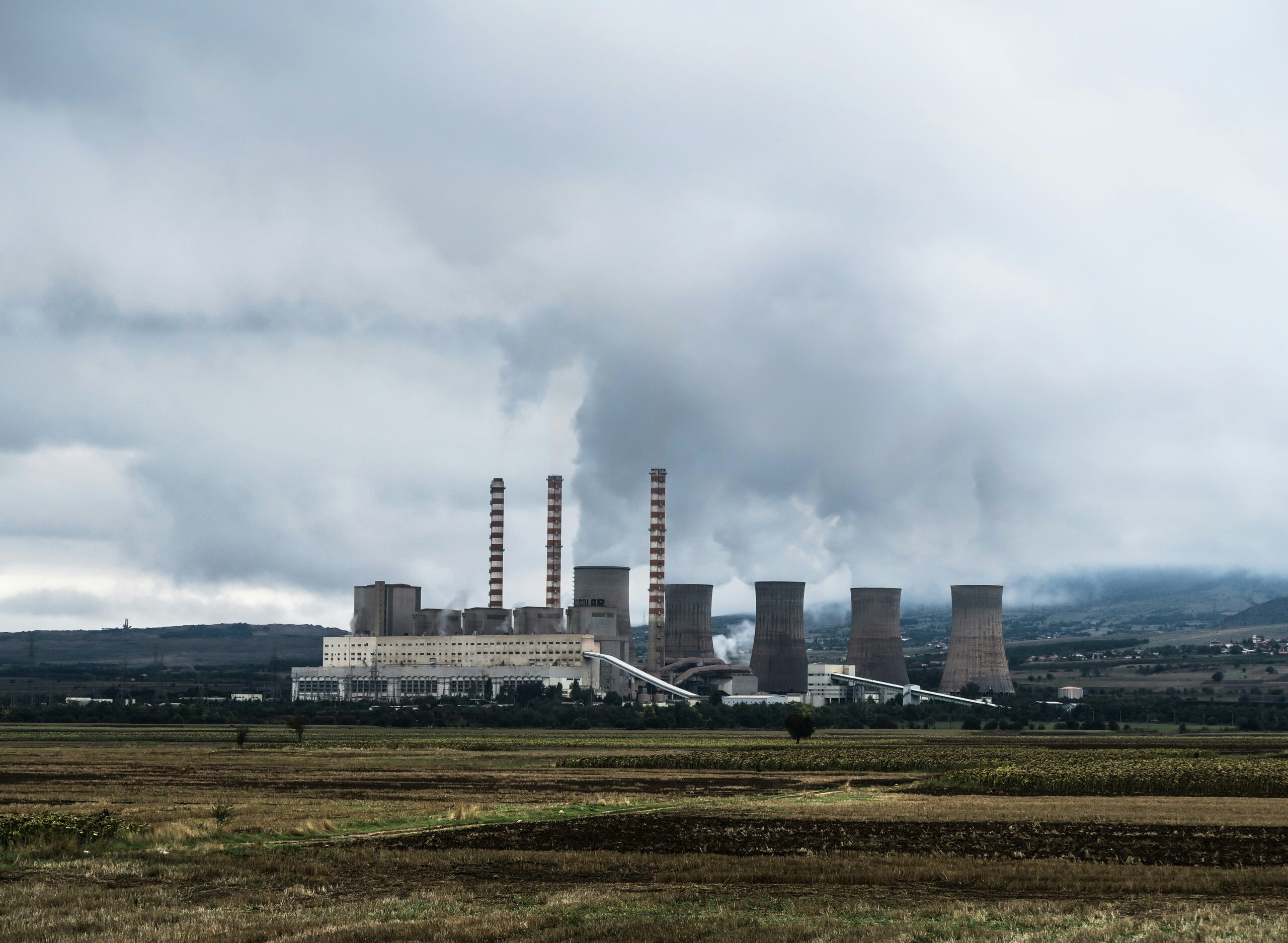In a groundbreaking move towards rational sustainability, Barclays Bank recently announced a significant shift in its financing policies, particularly concerning the fossil fuel industry. The banking behemoth declared that it will cease providing direct funding for new oil and gas projects, signaling a notable departure from its previous practices.
Barclays, a prominent player in the financial sector, has long been recognized as a major lender to the fossil fuel industry. However, mounting pressure from environmental advocates, shareholder activists, and influential figures has prompted the institution to reassess its role in perpetuating carbon-intensive practices.
The decision to restrict lending to energy businesses planning to expand fossil fuel production marks a pivotal moment in the fight against climate change. This move not only reflects Barclays’ acknowledgment of its environmental responsibilities but also underscores the urgency of transitioning towards renewable energy sources.
According to a report by the Rainforest Action Network, Barclays ranked as the largest funder of the fossil fuel sector in Europe between 2016 and 2021, channeling billions of dollars into projects with significant environmental impacts. However, with its recent commitment to phase out funding for projects aimed at expanding oil and gas production, Barclays is taking a crucial step towards aligning its financial activities with global sustainability goals.
While welcomed by many campaign groups, including environmental organizations, the decision has also faced criticism for not going far enough. Despite its pledge to halt direct funding for specific projects associated with oil and gas extraction, Barclays’ overall lending to the sector remains substantial. This highlights the need for further scrutiny and accountability in the banking industry’s approach to climate-related financing.
Barclays’ Climate Change Statement signifies a shift towards a more conscientious approach to lending, particularly in environmentally sensitive regions such as the Amazon and the Arctic Circle. By pledging to end direct funding for projects in these areas, Barclays is acknowledging the critical importance of preserving biodiversity and mitigating the impacts of climate change on vulnerable ecosystems.
Moreover, the decision to impose stricter financing restrictions on energy groups reflects Barclays’ commitment to fostering sustainable practices within the industry. While these restrictions may present challenges for both new and existing clients, they are a necessary step towards promoting responsible investment and accelerating the transition to a low-carbon economy.
In conclusion, Barclays’ decision to halt direct funding for new oil and gas projects represents a significant milestone in the journey towards rational sustainability. By reevaluating its role in financing fossil fuel ventures and adopting stricter lending criteria, Barclays is demonstrating leadership in addressing the urgent environmental challenges of our time. However, as the transition to a sustainable future continues, it is essential for financial institutions to remain vigilant and proactive in their efforts to support renewable energy initiatives and mitigate climate-related risks.
Rational Sustainability



